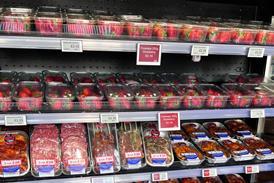Close menu
- Home
- News
- Fuel
- Retail
-
Shop
- Back to parent navigation item
- Shop
- Shop Suppliers
- Alcohol
- Batteries
- Breakfast
- Car Care & Lubricants
- Chilled & fresh
- Confectionery
- Food to go
- Health & Beauty
- Hot Beverages
- Ice cream & frozen
- Mint & Gum
- Sandwiches & Snacks
- Seasonal
- Soft drinks
- Tobacco & Vaping
- Focus On Features
- A to Z of all Subjects
- Equipment
- Events
- Vision
- Newsletters
Database: Another ’non-budget’ Budget
2006-04-06T00:00:00

Maybe it’s a sign of growing old, but do you ever get the feeling that Budgets ain’t what they used to be? Remember how we all used to sit around the radio on the afternoon of each Budget Day and wait anxiously to hear how much the then-Chancellor (of whatever ...
Already registered? Please log-in here
To continue reading, register for free today
With free guest access you can:
- Read unlimited articles
- Access the Fuel Market Review
- Read the latest Top 50 Indies report
- Sign-up for our newsletter

















